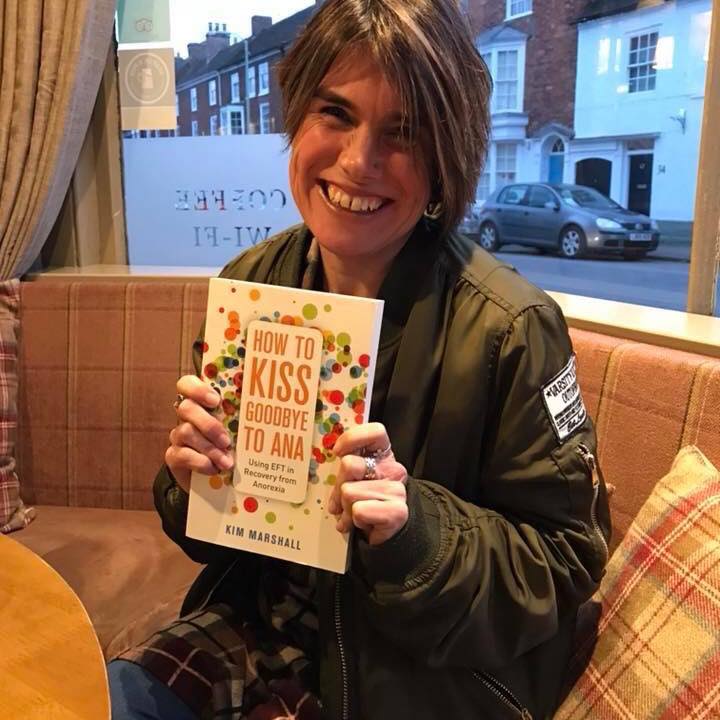I asked a number of people who are either in recovery or recovered to share with me what they’ve learned in the hope that it can help others.
‘A’ told me that she went from a place of denial and thinking there wasn’t a problem to acceptance due to:
- Not being able to walk up the stairs and realising that her physical health was very much being affected.
- Sitting down at yet another meal with her mum watching over and realising she didn’t want her life to be like this forever.
‘A’ found the following things helped her:
1. Although she doesn’t particularly enjoy school, ‘A’ found the routine helpful, it gave her the motivation to get out of bed and it was a distraction. I suggested she might like to bring in some routine to her weekends too, if it helped.
2. Initially she found it difficult to speak to her family. She wanted to protect them and didn’t want to burden them with her worries, so she would go out for a walk and talk things through with herself. She’d say everything that was going round in her head and this would make it easier to process. Getting things out of your head is great, be it through self talk, writing or art. Remember though, no matter what is going on for your family, they love you and just want you to be happy. They won’t want to be protected, they will want to help and be supportive.
3. She loves the beach and thinking of a future trip to the beach or a holiday would help her to think more positively and motivate her to keep going.
4. She watched a few ‘recovers’ on social media and although she didn’t find them all helpful, she now follows a Youtuber called Ro Mitchell, also on Instagram as @rorecovering who she finds inspiring. Ro provides daily reminders and challenges on Instagram and she feels like she has support each day rather than once a week. Ro films herself eating and afterwards will smile and say “I’m so proud of myself and glad I did that”. ‘A’ remembers thinking that she wanted to feel like that, so would motivate her.
5. Trying to think about her body as a vehicle which does incredible things without us even noticing, rather than just appearance.
6. It can be difficult to trust what’s best for us due to the conflict in our head. Building trust in self care first by getting under the duvet and watching a film or taking a nap; then starting to build trust in what your body needs and wants, can help.
I also asked ‘A’ what didn’t help.
She has had regular CAMHS zoom calls which she found extremely difficult and not particularly helpful due to the focus being only on weight restoration and meal plans. She now understands why but feels there could be some emotional support at the same time.
She recognises that when she first started having sessions with CAMHS she wasn’t in the right mindset, she didn’t want help and just wanted to be left alone to get on with it. But she says when someone is ready, that’s when support needs to be provided. Waiting lists only reinforce the beliefs that “I’m not ill enough” and “I haven’t had it for very long” and further questions the validity of the illness.
It doesn’t matter what your BMI is, how long you’ve had it or whether you’ve been an inpatient or not. Anorexia is a mental health illness and everyone struggling deserves help.
Hope you found this helpful. If you have any other advice or tips, of things that helped you, please do let me know at [email protected]
Love and hugs,
Kim x


